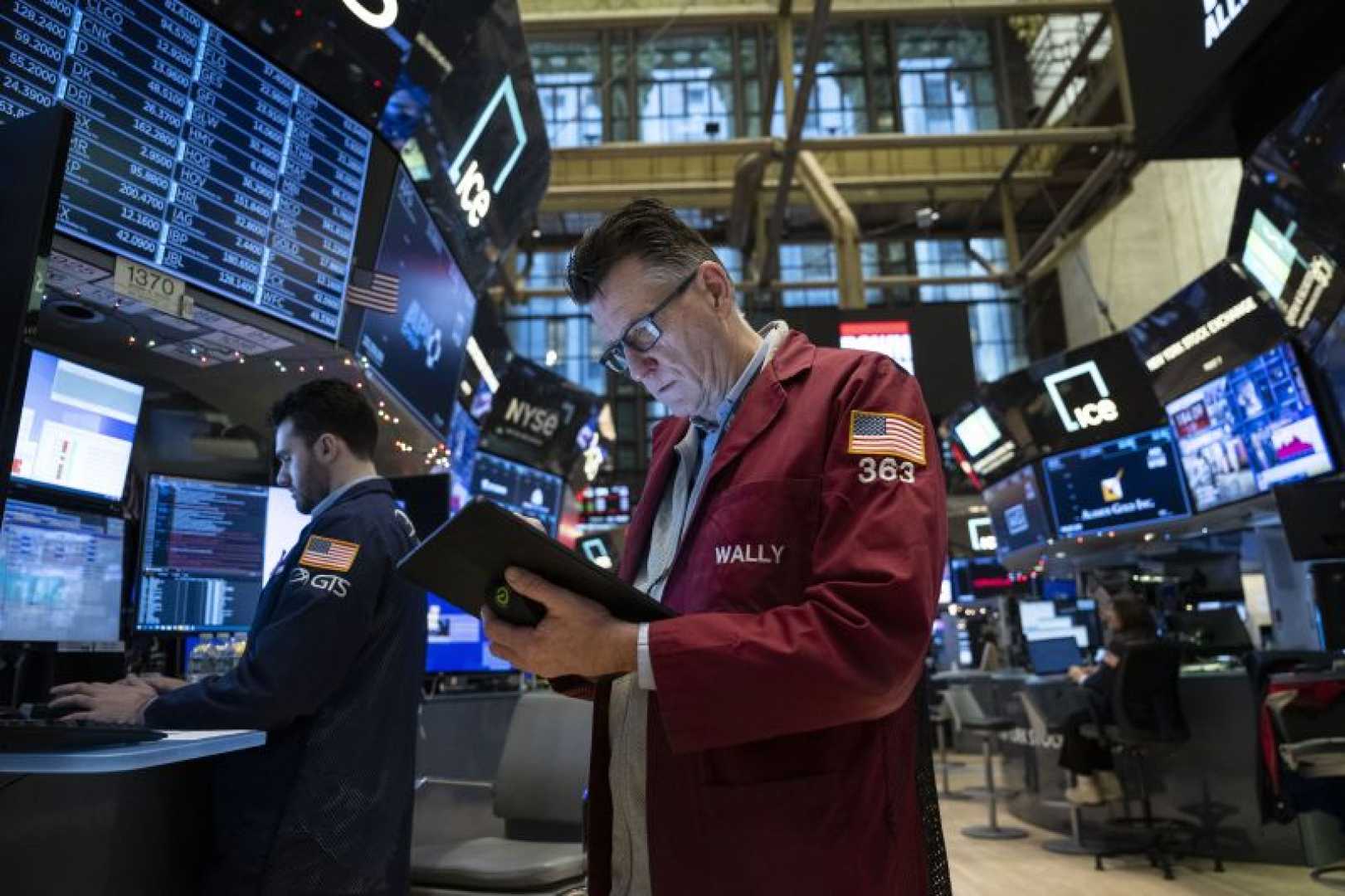Business
U.S. Stock Futures Decline Amid Weak Job Growth and Rising Tariffs

NEW YORK, New York — U.S. stock futures fell on Friday, with investors processing fresh data showing signs of a weakening economy. The downturn comes as the S&P 500 futures dropped 0.8% and the Dow Jones Industrial Average fell by 308 points, or 0.7%, while Nasdaq futures declined by 0.9% after Amazon‘s shares slid.
The Labor Department reported that nonfarm payrolls rose by just 73,000 in July, significantly lower than the 100,000 increase analysts predicted. Previous months’ job data were revised downward, indicating the labor market’s ongoing weaknesses. For instance, June’s job growth was adjusted to only 14,000 from an earlier estimate of 147,000, while May’s was downgraded to 19,000 from 125,000.
These figures raise expectations that the Federal Reserve might consider cutting interest rates sooner than originally anticipated. Traders now place the odds of a rate cut in September at 63%, a shift from earlier this week when Fed Chair Jerome Powell advised caution ahead of any monetary policy adjustments.
Concerns were amplified by increased tariffs on imports to the U.S. as a result of ongoing trade tensions. Specifically, tariffs on goods imported from Canada rose to 35% from 25%, which were largely justified by U.S. officials citing Canada’s failure to curtail illicit drug trafficking.
Chris Zaccarelli, chief investment officer at Northlight Asset Management, commented on the impacts of the weak jobs report, saying, “The Fed will again need to balance a slowing job market with inflation which isn’t slowing fast enough.” He added that the reaction from the markets indicates a tendency for interest rates to drop following such reports.
Some market analysts believe that while stocks had a positive month overall, with the S&P 500 increasing by 2.2% in July, the current trading session could signal a potential pullback. Jonathan Krinsky from BTIG warned that the market’s longest trajectory above its moving averages since the late 1990s seems unsustainable.
In addition, President Donald Trump has continued his criticism of the Federal Reserve, urging a drop in interest rates while claiming that tariffs are generating revenue for the U.S. economy. His administration’s policies, particularly regarding tariffs, are anticipated to have lasting effects on trading relationships.
As trading progresses into August, experts remain cautious yet hopeful about U.S. market resilience amid uncertain economic signals.












